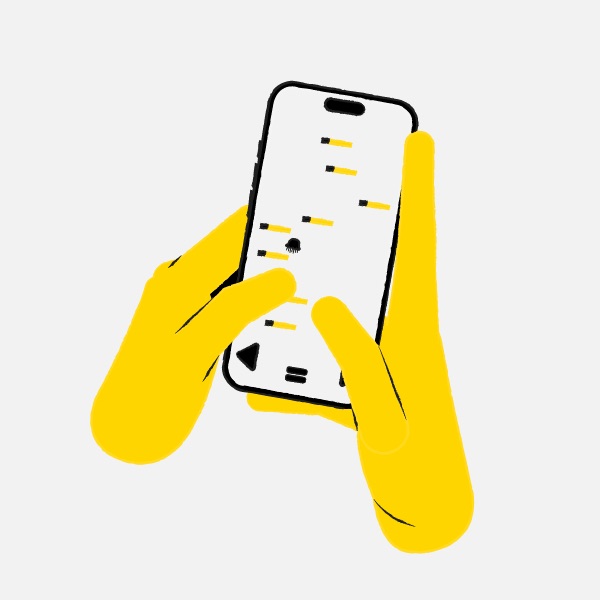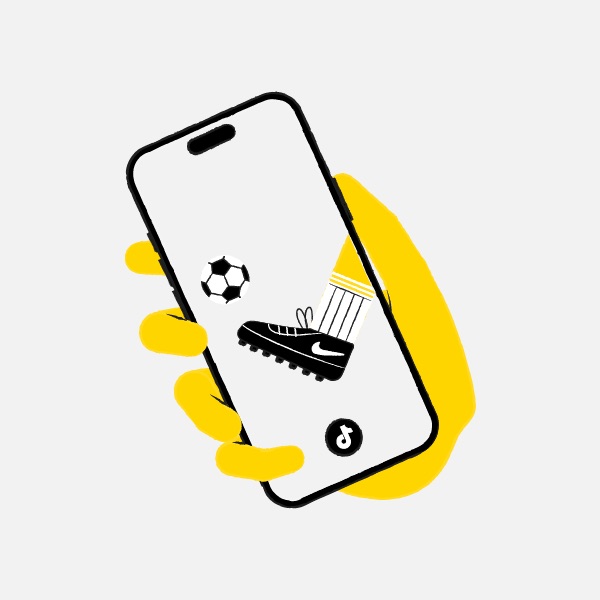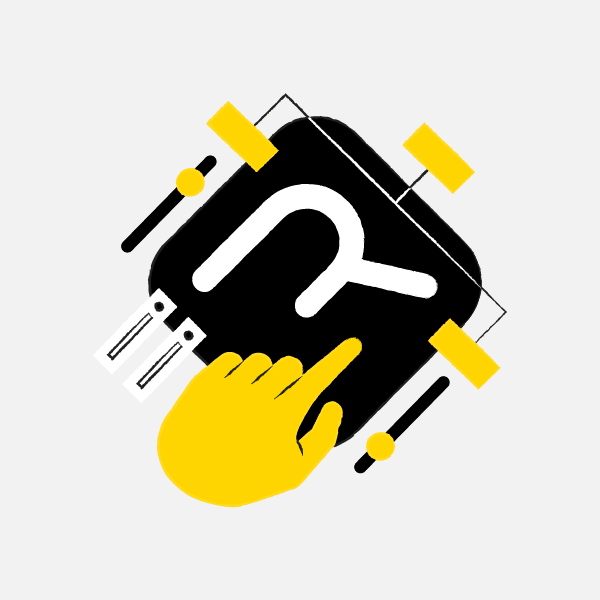How to apply for an internship or job in the creativity industry?
Before AI comes for all our jobs, you might want to get your foot in the door at an animation studio or advertising agency. Here’s how to put your best foot forward and increase your chances.
Simon van Wyk


The creative industry is in a bit of a flux right now, and it might be like this for a while. This means landing an internship or job is going to be harder than usual, so you’re really going to want to do whatever you can to stand out from the rest.
Here are seven things you can do to make sure your application has the best chance.
1. Research the company
It’s tempting to fire off hundreds of emails to companies you’ve found in a Google Search, but that’s probably about as effective as putting your application into a bottle and throwing it into the sea.
What’s really going to set you up for success is being specific, and researching the company you’re applying to.
The more you know about the company, the more accurate your whole application is going to be, and the more it’ll set you up for any future interviews or correspondence you have with them.
It’ll also help avoiding the really awkward thing which we often have, which is people applying for 3D animation jobs at a 2D animation studio.
2. Make sure you’re a good fit
Now that you’ve researched the company you’re applying to, you should have a decent idea if you’re a good fit. If they’re currently looking for someone, see if the job description matches up with your unique skill set. If they’re not looking for someone, do you at least see similar skills to yours on display in the company? You want to avoid being a sushi chef… applying for a job in accounting.
Every now and again, a really confident person might be able to convince a company to hire them for a position they didn’t know they needed, but most of the time, a company is looking for interns and employees who are an obvious fit based on the work they do.
3. Show you know who you’re applying to
It’s tempting to cut and paste applications, but people can tell when you’ve done that, and it’s really off putting.
Make it clear you haven’t taken short cuts. When writing your application, mention the company by name, and mention specific things you like about the company that made you apply in the first place.
So this means if you’re emailing an address which CLEARLY has a person’s name in the address, then greet the person by name. If you’re emailing angela@mynameisangela.com - then don’t start the mail by saying, “To Whom It May Concern”, because you can fairly safely assume you’re mailing someone called Angela.
Job applications and interviews are a bit like going on a first date. You don’t just want your date to chat about themselves the whole time whilst rattling off their achievements. You also want them to chat about you, and what they like about you. And that’s where the date analogy ends, because you don’t want any HR nightmares.
Recently we’ve seen a lot of people use ChatGPT to outsource their communication, and while we don’t want to be luddities and frown upon such a thing, if you’re going to use it, please make sure what you generate matches how you might actually talk about something. We tend to get a lot of AI generated hyperbole describing projects we suspect the applicant has never seen. Hey, we’re flattered ChatGPT likes our stuff, but we also want to know what you truly think about it.
4. Consider the presentation
A well designed CV always helps. If you’re applying to be a plumber, you might get away with some Times New Roman in a Word Doc… but, if your job involves design, then we expect to see it.
An aesthetically pleasing CV will help you stand-out from the crowd, so put some energy into making it pop.
Oh and design is important, but so is spelling and grammar. Us humans are still pretty bad at making assumptions about intelligence based on people’s typing skills - so pop your text into your favourite spell checker or get a friend to proofread for mistakes, but either way, make sure your applications are free from typos.
5. Get your CV down to one page
A lot of people think the more they have on their CV the better, so they’ll throw in the flute recital they came first in in Grade 2, but really, a company wants to be able to see your qualifications quickly, and they don’t need to know absolutely everything you’ve ever accomplished.
So, by all means write everything down, but once you’ve once you’ve written everything down, see what you can cut out:
If you studied after high school, then you don’t necessarily need to have your high school there.
If you did a small 3 month stint at your local print shop in between jobs, you probably also don’t need to include that unless it’s super relevant.
The shorter and more relevant your CV is, the quicker it’ll take for someone to know if you’re right for the job.
6. Customise your portfolio or showreel
This is just a really quick one, but tailor make your portfolio or showreel to reflect the kind of work you’re applying for. It’s okay to include some work that doesn’t quite reflect what the company does, but for the most part, your portfolio should be saying, “You know that work your company does? Look how well I can do it!”
Also - only put your best pieces forward, even if that means having a shorter showreel or portfolio. And if you really don’t have enough good pieces, then make some.
7. Don’t underestimate the power of personality
Last but not least, infuse your application with your personality. What’s something unique about you, or different, or interesting, or intriguing, or surprising… whatever that is, be sure to include it.
You want to give the company an easy handle for you that can stand out in a conversation. When they’re discussing people to bring in, you want them to be able to say…
… remember the guy who made his whole application look like a marshmallow
… or remember the girl who has the tattoo of William Shatner
… or the person who has seven dogs
… who painted their car the Mystery Machine colours
… who loves Action Netball
… who starts every day with Peppermint Tea
… remember, most people are going to be saying they’re hard workers, diligent, team players, proactive, responsible… those things are all important, but they aren’t the things which will make you stand out - once you’ve proved you can do the job, figure out what will make you stand-out so that you’re more likely to have the edge.
Here’s hoping this sets you up for more success in your internship and job applications. We’re not hiring at present, but we always try to accommodate as many interns as we can, so if that kind of thing interests you, click here to learn more and remember these tips when you apply.


